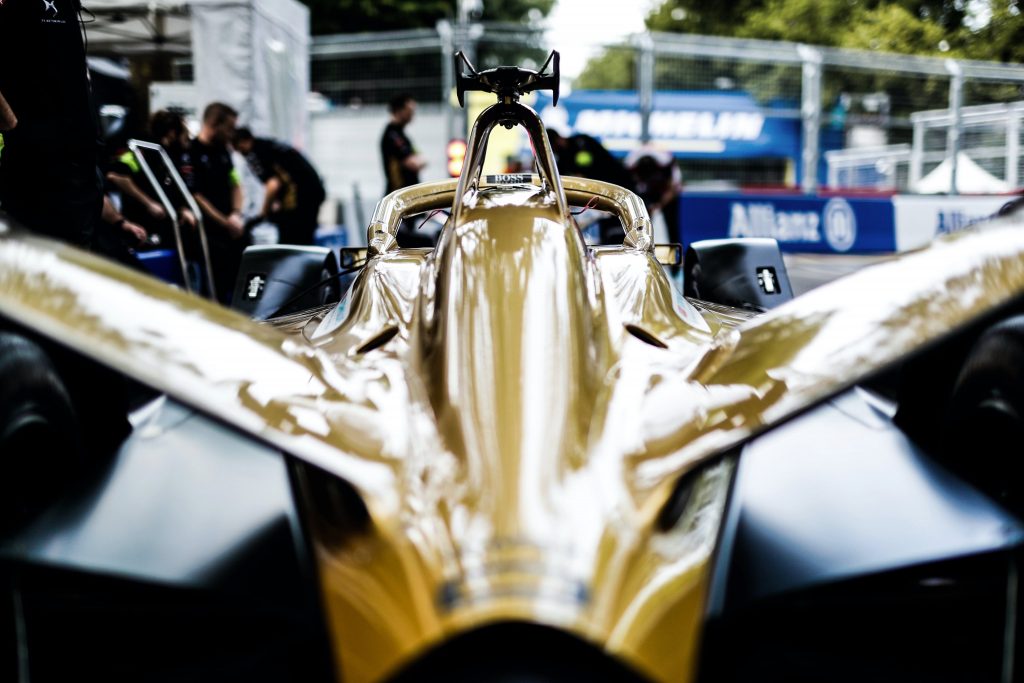Towards the end of November, I wrote an article detailing Audi and BMW’s plans to create an electric division of DTM- spearheading the continuing electric evolution of motorsport.
Just a week later however, and the two German titans were playing a very different tune, as both of the world-renowned manufacturers announced their withdrawal from Formula-E after the 2020-21 season. Both teams have been a cornerstone of the sport: with BMW having been an established team since the sport’s inception, whilst Audi supplied the ABT team before taking full control of it for the 2017-18 season, which they went on to win.
Both team’s exit is a major blow for a sport which since its inception has craved the mainstream backing of renowned suppliers to challenge more established competitions such as Formula 1, Rally and Le Mans. In the case of Audi, it’s exit of FE comes as a particular punishment, with the manufacturer vowing to refocus their sporting efforts by returning to two events intertwined with its long motor racing history: Dakar and Le Mans. Audi however has vowed to commit to its other interests in Formula E, such as its supplying of customer teams like Envision Virgin.
BMW’s exit though is left vaguer, with the company stating that ‘essentially exhausted all opportunities’ to develop technologies within Formula E, and that it would be focusing fully on producing its 5th generation of electric cars.
Formula E was already at its 24-car grid maximum, and the exit of two teams does leave 4 spots open for new potential teams. Unfortunately, not many appear to be rushing to fill the void vacated by the German’s departures. Initial speculation suggested that Aston Martin owner Lawrence Stroll (who also heads the new Aston Martin Formula 1 team), was in negotiation to buy a team for Aston Martin’s ‘Lagonda’ electric division, but such plans have since been shelved. Honda, who recently left Formula 1 and its partnership with the two Red Bull owned teams, has also confirmed that it will not be making any immediate jumps to the all-electric racing scene.
Naturally, it is easy to blame the exit of major manufacturers from Formula E on the Covid global pandemic. Few industries have been hit harder than the motoring industry, and involvement in top-level motorsport is frightfully expensive. It is perhaps troubling though that neither team directly cited this excuse as an excuse for their exit- instead, they mentioned how Formula E no longer aligned with their ‘corporate objectives’. For a sport which initially marketed itself as a platform for manufacturers to develop and showcase their pioneering advancements in electric technology, this rhetoric is likely ringing alarm bells in the marketing department, especially as Audi intends to return to racing divisions which still rely on petrol power.
Are these exits therefore a marker that Formula E has failed in its objective? Well… no. Formula E has proven many of its early doubters wrong by producing hard-fought, exciting races around tight circuits with some competitive title fights thrown in for good measure. The sport continues to see a rise in popularity amongst both supporters and sponsors and with the Gen 3 cars on the horizon, the sport continues to iron out some of the creases the early seasons have held, such as teams having to run 2 cars for each driver due to a lack of power and recharge options. Some of the sport’s gimmickier features do preserve (yes, I am looking at you ‘fanboost’) but the future of Formula E should remain positive if its regulations are handled properly. Formula E’s downfall may well come if the technology required for its race cars becomes too niche or over-developed. For manufacturers like BMW and Audi, there was too much of a disparity between the technology produced for Formula E, and the technology produced for their standard electric consumer cars for both to be viable, and inevitably- it was the sport that got dropped as a result. Formula E’s continuing success must be founded on a template where participation in the sport actively encourages manufacturers to better their commercial electric divisions and not to abandon its original mission-objective of making more sustainable motorsport which had positive real-world implications. New investors in the empty team slots will want to know that their investment will be worth it, and as the third-generation cars loom on the horizon, now is the sport’s chance to prove to both fans and technical backers alike that their support will mean something, and that Audi and BMW were wrong for losing faith in the noble project they are trying hard to build.


